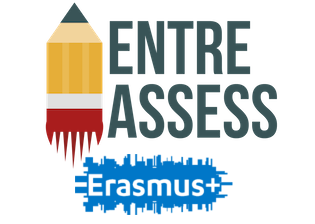 In short: Colegio Dulce Nombre de Jesús is a K-12 publicly-funded private school located in Oviedo city centre (Asturias, Spain)
In short: Colegio Dulce Nombre de Jesús is a K-12 publicly-funded private school located in Oviedo city centre (Asturias, Spain)
Age group: 3-18 yrs old
Initial challenges: Historically, Key-competence assessment was carried out by identifying specific learning outcomes in each subject area allegedly linked with the chosen key competence. Weighting factors were used to define the level of importance of competence-related learning outcomes and a final score of competence development was calculated summatively. Yet, the school felt this method was far from perfect so they decided to explore other options.
What they did about it: Encouraged by school leadership and with the support and guidance of an expert teacher, a team of teachers started shaping a whole-school approach to key-competence assessment. The challenge was to strike a balance between the desired state of things and what was possible and doable in a real classroom setting. Coordination across subject areas and school years was a key requirement when the roadmap was first drafted. The process unfolded in three steps:
- Build on curricular learning outcomes and try to derive a set of expected and observable behaviours as competence development indicators.
- Organise indicators into a developmental learning progressions for each competence (across school years), and review.
- Design appropriate assessment tools (rubrics, in this particular case)
Results: The school created common competence-level descriptors for each school year and designed rubrics for assessment.
Relevance for entrepreneurial teaching: This whole-school approach paves the way for a shared understanding of key competence development among teachers from different subject areas. The use of same descriptors and tools across the school results in a more coherent and integrated assessment of key competences.
Applied assessment methods and tools: Learning progressions, rubrics
Contact information: dirpedagogica-oviedo@fefcoll.org
Website: http://www.dominicasoviedo.com/


